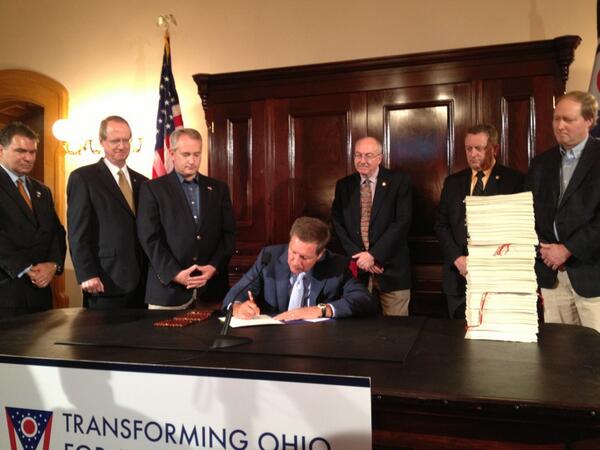 |
| Prince ???? |
Anglophiles from hither and yon are all a-tither and a-twitter at the news which said "Catherine, the Duchess of Cambridge, was delivered of a boy child." The little fella is third in line to become King of all England. (I'm not sure why they feel the need to say "all" of England, but maybe they want to make certain the Falkland Islands are included.)
Although many questioned the media coverage of the little guy's birth, the event or non-event depending on your perspective, dominated Twitter. The forty-character wits were, during the birth, tweeting about the infant "crowning." Some pre- and post- partum comments were:
But now that the birth is behind us, we can turn our attention to the 2013 Man Booker Longlist for Fiction which was announced yesterday in London. Too hasty, my friends. The Royal Family knows how to keep the attention focused on themselves. As long as they haven't named the baby, they can keep media speculating and waiting. And let's be clear; I have nothing against the Royal Family. Their only job is to provide the media with newsprint and photo ops, and they are damn good at it.
Thus, the name game begins. Fortunately, we are just talking about his first and middle names. Royals, like Elvis, need only a first name. If you have occasion to address the little tyke, you will refer to him as "Your Royal Highness Prince ????? of Cambridge." If, when the royal baby is older and is stopped by the bobbies, he can use the surname of Mountbatten-Windsor.
Some "experts" think "James" is a likely choice of a name. I'm not an expert, but I can tell you with some certainty that the royal baby will not be named: Vladimir, Barrack, Mohammed, Hussein, Benjamin, Shawn, LeBron, Trig, Newt, or Mitt. I'm not saying that Kate and William are not capable of thinking outside of the box, but let's face it, they are in a box they cannot escape. Naming the boy "Prince Juice of Cambridge" would put the queen in the royal cemetery.


